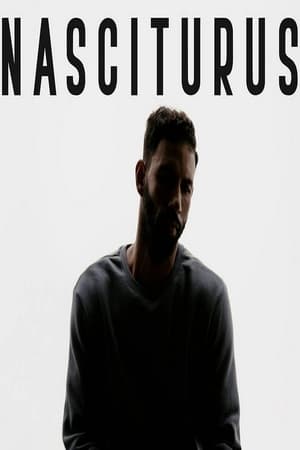

Pedro Albizu Campos: Un hombre... un patriota...(1987)
Short documentary about the life of Dr. Pedro Albizu Campos.
Movie: Pedro Albizu Campos: Un hombre... un patriota...
Top 2 Billed Cast
Self (Archive footage)
Narrador
Video Trailer Pedro Albizu Campos: Un hombre... un patriota...
Similar Movies
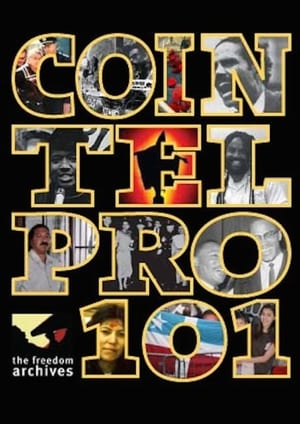 0.0
0.0COINTELPRO 101(en)
COINTELPRO 101 exposes illegal surveillance, disruption, and outright murder committed by the US government in the 1950s, 60s, and 70s. “COINTELPRO” refers to the official FBI COunter INTELigence PROgram carried out to surveil, imprison, and eliminate leaders of social justice movements and to disrupt, divide, and destroy the movements as well. Many of the government's crimes are still unknown. Through interviews with activists who experienced these abuses first-hand, with rare historical footage, the film provides an educational introduction to a period of intense repression and draws relevant lessons for the present and future.
 0.0
0.0El apagón: Aquí vive gente(es)
“El Apagón: Aquí Vive Gente” is a documentary directed by Bad Bunny and Blanca Graulau. This 23-minute film explores the socio-economic challenges in Puerto Rico, focusing on the effects of power outages and gentrification driven by the real estate and energy sectors. Through visuals and personal stories, the documentary highlights the experiences of Puerto Rican communities facing these issues.
Una identidad en absurdo Vol. 1(es)
Guillermo Gómez Álvarez explores the identity politics of Puerto Rico via archival footage from various sources that clash with nine original songs from local independent musicians and a thematic analysis from a psychoanalyst and a historian. From the juxtaposition the absurd becomes coherent and the coherent becomes absurd as Puerto Rican identity is defined and rejected almost simultaneously.
La operación(es)
Documentary on the mass sterilization of Puerto Rican women during the 1950s and '60s.
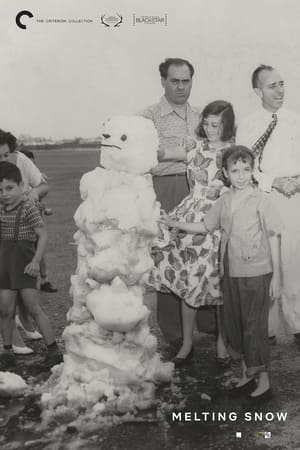 0.0
0.0Melting Snow(en)
Two tons of snow—flown from New Hampshire to Puerto Rico in 1952 in order to “gift” Puerto Ricans a “white Christmas”—become a metaphor for the colonialist paternalism of America’s relationship to Puerto Rico.
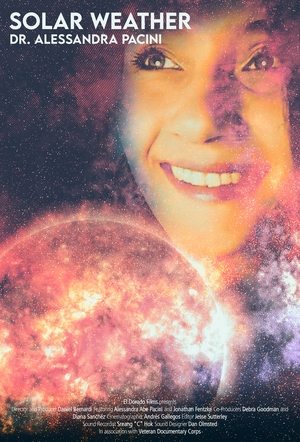 0.0
0.0Solar Weather: Dr. Alessandra Pacini(en)
Alessandra Pacini, solar physicist and mother of two, has dedicated her life to researching our sun and its relation to the rest of our solar system. Traveling across the globe with her family, from Finland to Puerto Rico, Alessandra is on a mission to discover the great mysteries of our solar system.
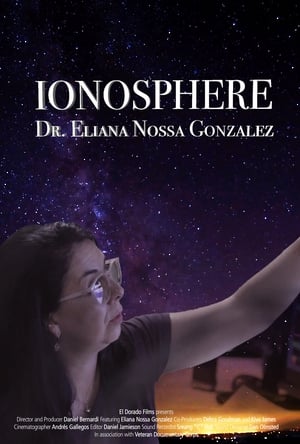 0.0
0.0Ionosphere: Dr. Eliana Nossa(en)
At Arecibo Observatory in Puerto Rico, Eliana Nossa studies the ionosphere. This short films tells the story of Columbian researcher Eliana Nossa as she explains her study of the ever-changing universe, Arecibo's technology and data, and her role as a woman among her male colleagues. She studies the ionospheric irregularities that impact terrestrial communication.
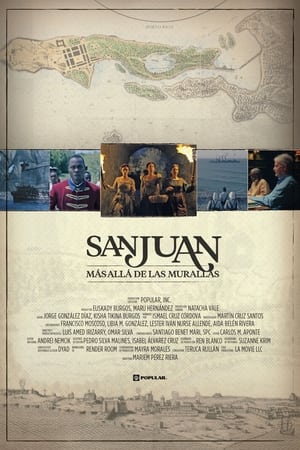 6.0
6.0San Juan, más allá de las murallas(es)
Explore the 500-year history of the city of San Juan, from the move from Caparra to the different invasions during these centuries. It also looks at how different situations and people were key to what is now the capital of Puerto Rico. This documentary presents, through the recreation of key situations, archival material, and accounts of historians and researchers, decisive moments that influenced what is now the capital.
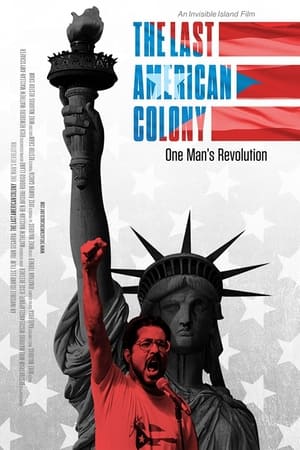 0.0
0.0The Last American Colony(en)
Puerto Rico, the last relic of colonization in the western hemisphere, has been a dependent territory of the USA since 1917. Los Macheteros and one of its leaders Juan Segarra have been fighting for its full independence for many decades.
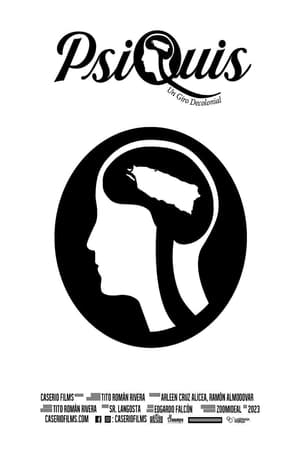 10.0
10.0PsiQuis: Un Giro Decolonial(es)
PsiQuis: Un Giro Decolonial is a documentary that presents and discusses the psychological impact that colonialism has had on the Puerto Rican people. The director analyzes the traumas generated in Puerto Rican society by that colonial experience.
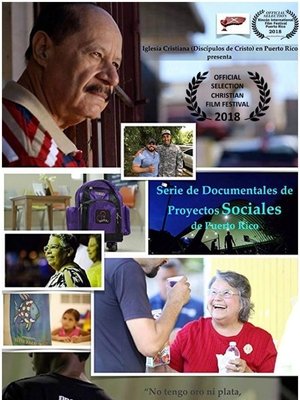 0.0
0.0Benedictus(es)
Benedicto, is a retired police officer who has dedicated more than 30 years of his life, helping young drug addicts and homeless people in the rural town of Corozal, Puerto Rico. His story takes place day by day in a little humble house in the death road of the municipal cemetery of Corozal, a rural municipality of Puerto Rico with a high population of young homeless people, alcoholism and drug addicts. The door of Benedictus little house on the death road to the cemetery is the deviation between life and death for these young people in need.
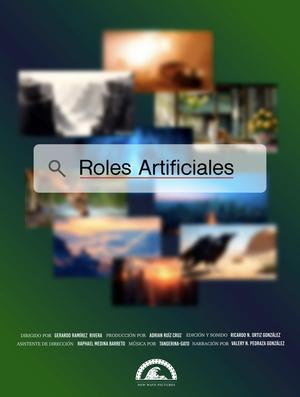 0.0
0.0Artificial Roles(en)
Artificial intelligence is taking on different roles in the filmmaking space. The questions we must ask ourselves are: what are the pros and cons of this advancement? How can we work with it, and what power do we have as human beings in the face of this technology?
 0.0
0.0Ellas: Mujeres en la música(es)
A musical look at the invaluable contribution made by women to Puerto Rican music.
 0.0
0.0Landfall(es)
Hurricane María abated, the news crews packed up and left Puerto Rico, and the interest of the international community turned elsewhere. What happened next?
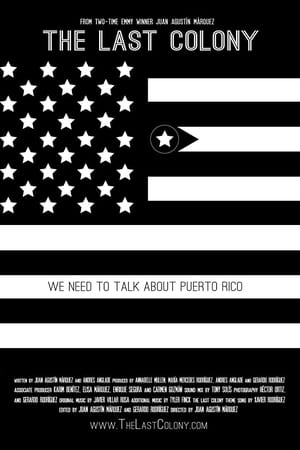 7.0
7.0The Last Colony(es)
A close look at Puerto Rico's unique relationship with the United States.
 0.0
0.0Todavía Estamos Aquí(es)
We Are Still Here is a student-made documentary from the University of Puerto Rico, Mayagüez campus (UPRM) about the lives and experiences of the Peñolanos from Barrio Rucio and adjacent communities who have resisted generations of adversities due to their geographical location and at the hands of the Puerto Rican government. Centered on resistance and collective care among communities, this inaugural documentary produced by the Oral History Lab at UPRM and funded by the National Endowment for the Humanities showcases how community work by projects like Aula en la Montaña and organizations like Impacto Juventud GC Inc. demonstrate that strength lies in union and that true healing occurs through mutual accompaniment between community and volunteers.
Son Afrocaribeño(es)
Combines animation and documentary footage to illustrate the origins and impact of the musical genres Bomba and Plena in Puerto Rican culture.
Las carpetas(es)
How fair is it for the government to control its citizens? Four Puerto Ricans confront their past when they open their “files”, the records obtained of the illegal surveillance and persecution that the Puerto Rican government held against citizens and organizations that disagreed with the establishment. Through their daily life, they will tell us their stories, experiences and intimate feelings of the persecution they suffered. Taking their past as an example, we will confront the present.
One-Way Ticket(es)
Documentary about how the arrival of the railway industry impacted Puerto Rican culture economically, socially, and humanistically during the first half of the 20th century. It includes photos by Jack Delano, among others, and scenarios to reconstruct the experience of what could have been the last trip made by train from San Juan to Ponce in 1953.

